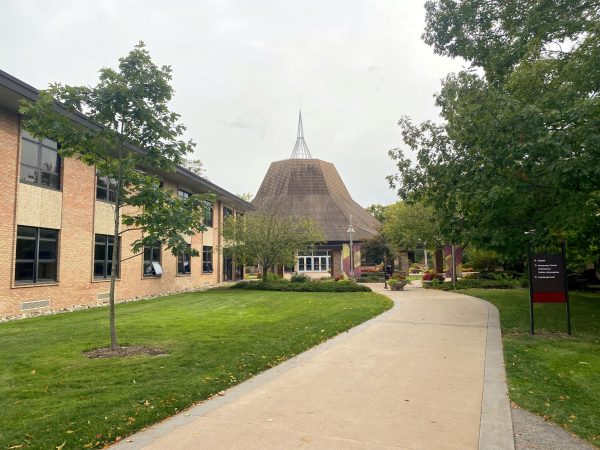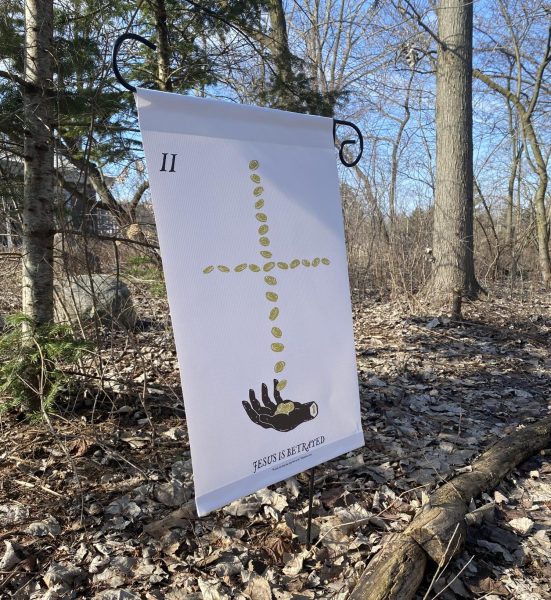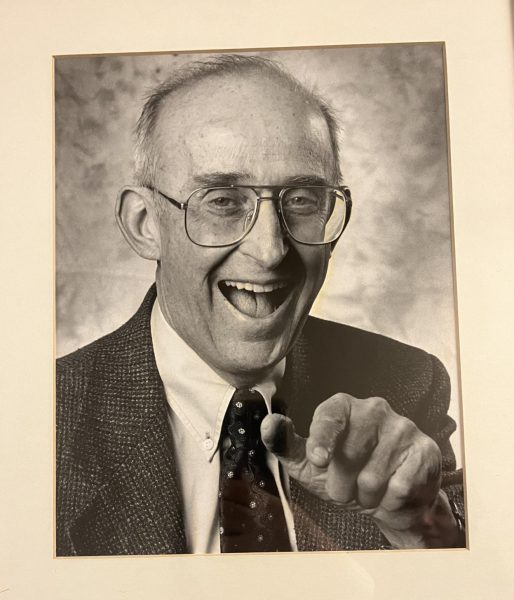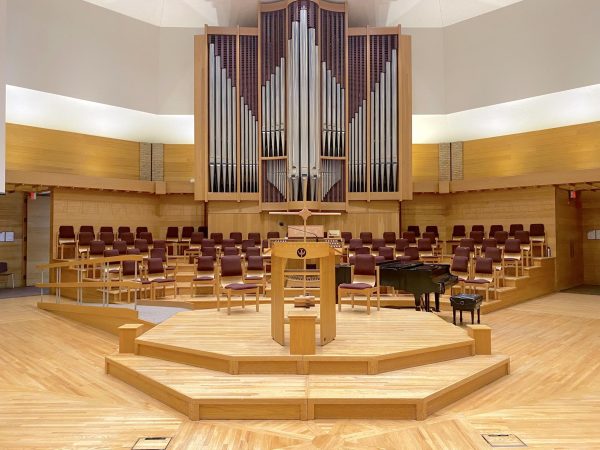The History of Easter
Last week Sunday, April 5, Christians and non-Christians alike celebrated the springtime holiday of Easter. Christians remembered the resurrected life of Jesus Christ, and non-Christians celebrated the new life of spring.
Though different people focus on the holiday differently, many engage in similar Easter traditions like hunting for colored Easter eggs and consuming chocolate bunnies.
How is it, then, that these traditions came to be, and why does it exist as a holiday besides its significance in Christianity? Looking at the history of Easter offers answers to these questions.
According to the Saint Bede, an English monk and skilled linguist and translator who lived in the 7th and 8th centuries A.D., Easter originated from Eostre, an Anglo-Saxon fertility goddess of spring.
The followers of Eostre held a festival in her honor every year at the vernal equinox, which is usually March 21. During this festival, according to Bede, followers of Eostre would make offerings of colored eggs to her as a symbol of new life and place other eggs on graves as a symbol of rebirth.
They also gave special attention and significance to rabbits during these festivals because they were the sacred animal of Eostre. It is not surprising the rabbit was one of her symbols since the fast-reproducing rabbit has long had connotations with fertility.
The Easter we celebrate today is always held in relation to the vernal equinox. It falls on the first Sunday after the paschal full moon after the vernal equinox.
If the full moon occurs on the equinox, Easter is the following Sunday. Perhaps unknowingly, we derive our Easter celebrations from the old pagan festivals of Eostre.
However, there are other explanations for the date of Easter as well as the practice of Easter egg hunting.
In 325 A.D., the Council of Nicaea decided upon the date of Easter. They knew Easter had to be held on a Sunday since that was the day Jesus was resurrected.
They selected the paschal moon as a reference point, because that was the date of the Passover in the Jewish calendar. The word “paschal” itself comes from the Hebrew word for “Passover.”
Jesus had the Last Supper with his disciples on Passover, therefore Easter must be held on the Sunday after the paschal full moon.
Eggs have been used to decorate graves since a few millennia B.C., and early Christians used eggs dyed red to remember the death of Christ. Official church blessings for Easter meals include specific words about eggs.
Some Christian traditions include eggs in the list of foods avoided during Lent, and so eating them is part of ending the fast at Easter. Easter egg hunts may have originally been meant to symbolize looking for Jesus in the empty tomb.
These pagan celebrations and religious remembrances combine in modern celebrations of Easter, in which both Jesus’ resurrection and the renewal and growth of spring are celebrated.








